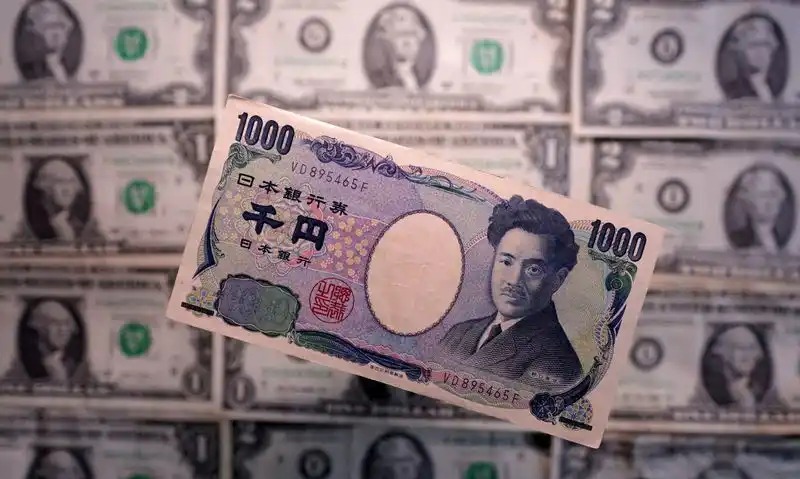What is the story about?
What's Happening?
Rehubs, an industry coalition, has presented a roadmap to industrialize textile-to-textile recycling in Europe. The plan aims to address the region's growing textile waste problem by unlocking €5 to €6 billion in investment to recycle 2.5 million tonnes of textile waste by 2032. The strategy involves centralizing the recycling process, integrating collection, sorting, processing, and manufacturing to create a more efficient market for recycled textiles. The coalition plans to collaborate with various organizations to develop harmonized recycling rules and accountability measures across European countries. The initiative seeks to overcome systemic barriers and ensure brands are committed to circularity initiatives.
Why It's Important?
The strategy by Rehubs is crucial as it addresses the significant challenge of textile waste management in Europe. With incoming regulations set to charge big brands for the cleanup of discarded clothes, the need for scalable recycling solutions is urgent. The plan aims to create a sustainable infrastructure for recycling textiles, which could significantly reduce environmental impact and promote circular economy practices. Successful implementation could serve as a model for other regions facing similar challenges, potentially leading to global advancements in textile recycling. The initiative also highlights the importance of collaboration between industry players, regulators, and financial institutions to achieve sustainability goals.
What's Next?
Rehubs will focus on securing investment and executive commitments to support the development of recycling infrastructure. The coalition plans to work with regulators and industry players to establish shared standards for recycled fibres and feedstock. Over the coming months, Rehubs will increase awareness about its strategy through webinars and social media posts. The success of the initiative will depend on overcoming systemic barriers and ensuring brands are committed to circularity initiatives. The coalition's efforts could lead to significant advancements in textile recycling, potentially influencing global sustainability practices in the fashion industry.















